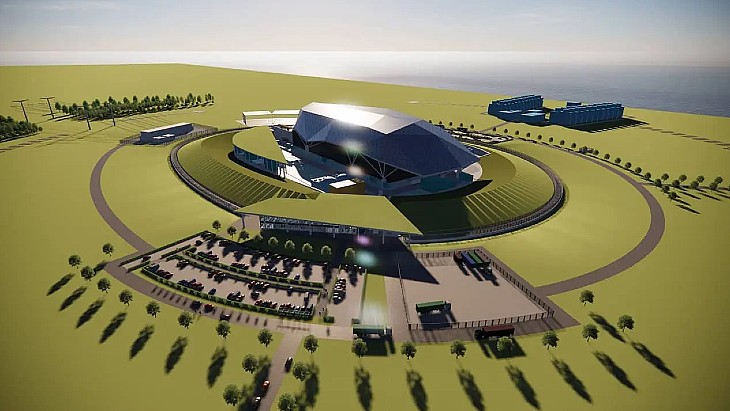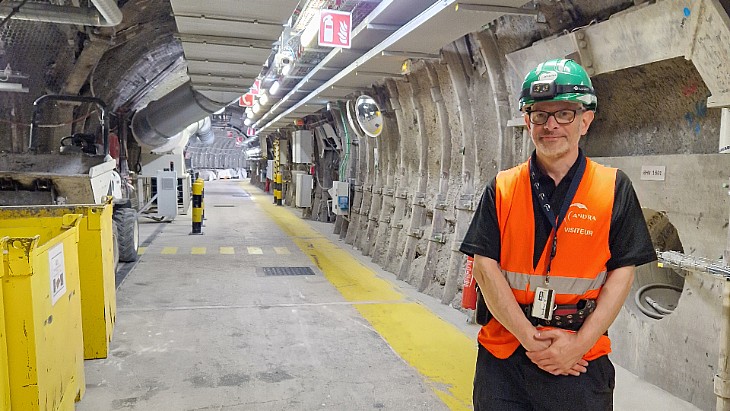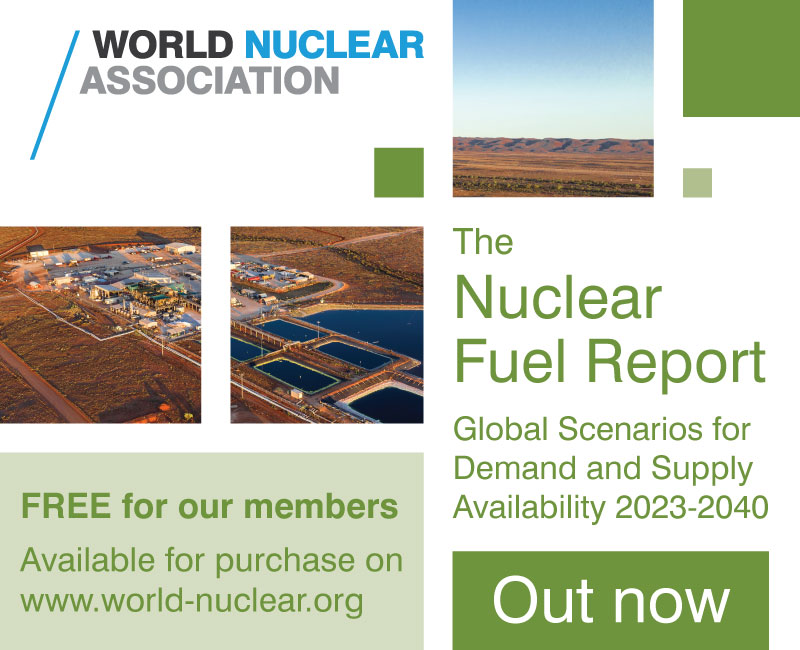Lloyd's Register to help Chinese develop floating SMR
Lloyd's Register of the UK announced today it has signed a framework agreement with the Nuclear Power Institute of China (NPIC) to support the design and development of a floating nuclear power plant utilizing a small modular reactor (SMR).
Under the framework agreement, Lloyd's Register and NPIC - a subsidiary to China National Nuclear Corporation (CNNC) - will cooperate on the development of the "first-of-a-kind floating nuclear vessel" which will be used in Chinese waters to supply electrical power to offshore installations.
Lloyd's Register said the first contract under the framework agreement is to develop new safety regulations, safety guidelines, and nuclear code and standards for the floating vessel, that are consistent with Offshore and International Marine Regulations and the International Atomic Energy Agency (IAEA) nuclear safety standards.
Mark Bassett, director of nuclear at Lloyd's Register Energy, said: "NPIC recognizes Lloyd's Register's unique combination of experience in nuclear, offshore and marine safety and regulation. Because we apply our expert knowledge to help clients design, construction and operate capital intensive assets to their highest levels of safety and performance, NPIC have asked us to help them safely achieve this technically challenging offshore nuclear program."
Lloyd's Register Energy's vice-president of strategic development for Greater China, Melvin Zhang, said, "This project is expected to set the pace for how nuclear power can be used and applied to support sustainable power generation in both energy and marine sectors."
Marine version of ACP100
A Lloyd's Register spokesman confirmed to World Nuclear News that the floating nuclear power plant would be based on a marine version of CNNC's ACP100 SMR design, known as the ACP100S. This 100 MWe design with passive safety features has been under development since 2010 and its preliminary design was completed in 2014.
The ACP100 is an integrated pressurized water reactor in which the major components of its primary coolant circuit are installed within the reactor pressure vessel. It is a multi-purpose reactor designed for electricity production, heating, steam production or seawater desalination.
CNNC New Energy Corporation, a joint venture of CNNC (51%) and China Guodian Corp, is planning to build two ACP100 units in Putian county, Zhangzhou city, at the south of Fujian province, near Xiamen, as a demonstration plant.
In April, CNNC signed an agreement with the IAEA for a Generic Reactor Safety Review (GRSR) of the ACP100. The GRSR process reviews the completely- or partially-developed safety cases of new reactor designs that are not yet at the licensing stage. This involves an international team of experts evaluating design safety case claims against selected and applicable IAEA safety standards. The review was scheduled to begin in July and expected to take seven months to complete.
In a statement about today's agreement with Lloyd's Register, NPIC said: "We believe there is substantial opportunity to further efforts in developing safe, clean, sustainable power generation for the future, and our latest initiative to develop energy supplies to offshore installations through nuclear power is just one example of how we are seeking to innovate and apply new ways of using nuclear technology for robust power supply."
The only floating nuclear power plant today is the Akademik Lomonosov, under construction in Russia, where two 35 MWe reactors similar to those used to propel ships are being mounted on a barge to be moored at a harbour. The Baltiysky Zavod in St Petersburg is on schedule to deliver the first floating nuclear power plant to its customer, Russian nuclear power plant operator Rosenergoatom, in September 2016. It could start operating in Chukotka as early as in 2017.
Floating plants offer various advantages: construction in a factory or shipyard should bring efficiencies; siting is simplified; environmental impact is extremely low; and decommissioning can take place at a specialised facility. However, the offshore environment brings important considerations, such as access for personnel and equipment and the need for strong assurance that uncontrolled contamination of the sea would be impossible.
Researched and written
by World Nuclear News
_92619.jpg)
_84504.jpg)











